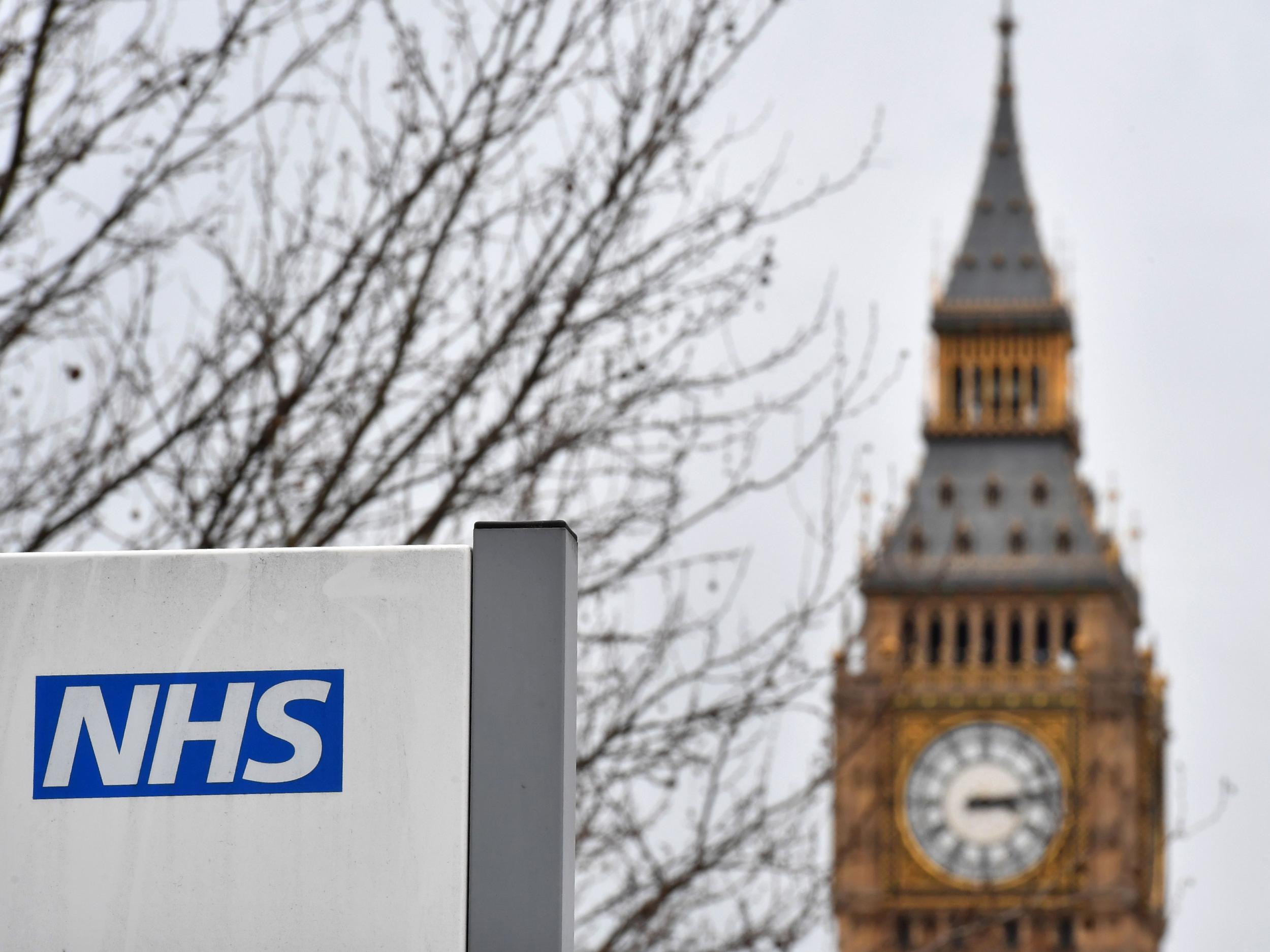Budget 2017: Philip Hammond accused of back-door NHS privatisation by funding 'shady' reform plans
Chancellor announces £325m boost for controversial sustainability and transformation plans

Philip Hammond has promised the NHS will receive £425m in government investment over the next three years – but the way these funds are allocated could in fact lead to further NHS privatisation, campaigners have warned.
Sarah Carpenter, national officer for health at trade union Unite, said she feared the Government was trying to privatise the NHS through the back door by funding “shady” reforms in the guise of giving extra money to the health service.
“What they’re trying to do is potentially be able to say they’re giving money to the health service, but actually giving money to a part of it no one’s heard of,” Ms Carpenter told The Independent.
The Chancellor announced a £325m funding boost for controversial sustainability and transformation plans (STPs), which have been drawn up in 44 areas of England.
The plans are meant to reform services by saving money, but have proved unpopular in some regions because they will lead to department and hospital closures.
STPs create separate health economies that “become very attractive to large private sector companies who have interests in running health services,” said Ms Carpenter.
“The fact the only funding given to health is to put money into STPs gives us concerns about [the Government’s] motivation,” she said. “STPs are quite sneaky in themselves. There’s are no structures, no accountability... It’s all very shady.”
Mr Hammond said £100m would be given to combat overcrowding in A&E departments by employing GPs in hospitals to stop patients with less serious conditions taking up doctors’ time.
He also promised an extra £2bn for social care in this year’s Budget, saying the funding boost would help ease pressures faced by the health service. “We are the party of the NHS,” he told MPs.
The British Medical Association (BMA) warned that the promised funding for STPs fell short of how much was needed to deliver the plans, which often involve costly building projects.
“The chancellor’s announcement of £325m of funding for some STPs is unlikely to go far enough, and we know that the plans need at least £9.5bn of total capital funding to be delivered successfully,” said BMA council chair Dr Mark Porter.
Robert Breedon, a lawyer specialising in health and social care who worked for the Department of Health for five years, told The Independent it was likely private sector companies would step in to fill the gap in STP funding.
“The £325m for STPs will help some of the transition work, but if you’re talking about significant system changes, it needs money, and there are private sector companies out there who are prepared to make that investment,” he said.
Mr Breedon, a partner at law firm Gowling WLG, said private funding in the health service could be beneficial as large businesses could bring expertise in how to manage services.
“People are getting a bit nervous about it,” he said. “But if you want to drive the change, and the only source of that money is the private sector, it seems to me to be cutting off your nose to spite your face to ideologically say: ‘No, we don’t want that money’.”
Nigel Edwards, chief executive of the Nuffield Trust health think tank, welcomed the idea to put GPs in A&E departments to help treat less sick patients, but questioned whether there were enough GPs to make the policy a reality.
Louise Irvine, a GP and health campaigner, told The Independent the money should go directly into funding and training more family doctors.
"A triage centre isn’t going to do anything to reduce demand. The people who are the experts par excellence at dealing with primary care issues are GPs, so that’s where the money should go, into developing general practice so we can recruit more GPs and have them in our surgeries,” she said.
“This is a completely stupid idea, it’s going to waste money, it’s taking money away from general practice into a spurious, un-evidence based, fancy-sounding notion that makes the government sound like it’s doing something when its not."
Join our commenting forum
Join thought-provoking conversations, follow other Independent readers and see their replies
Comments